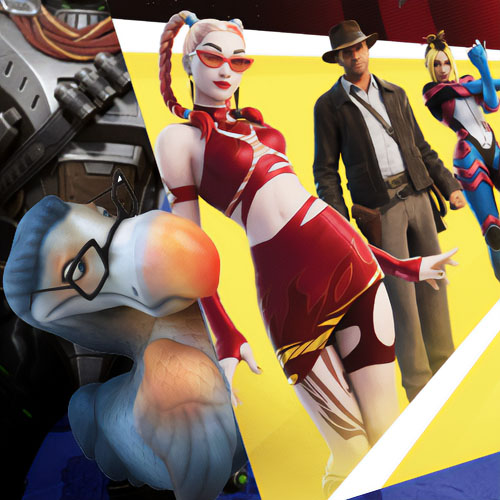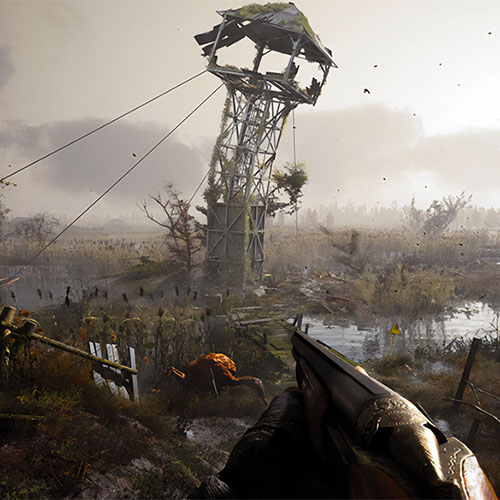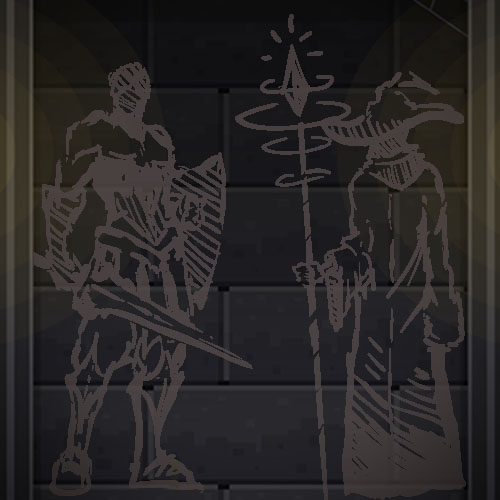Difficulty is a point of contention among gamers, with many boasting to having beaten Halo on Legendary difficulty or Doom on Nightmare. The memory of beating Dark Souls’ final boss with just a sliver of health is one no one could ever forget.
Let Games Be Games
But these are experiences limited to relatively few gamers who’ve taken the time and effort to obtain bragging rights.
For a long time, games have rewarded the best of the best. Players who complete levels on the hardest difficulty, or with any number of set challenges, are rewarded with achievements and items to showcase their skill.
Being at the top of the game is nothing new, going way back to the ’80s when gamers would challenge each other in arcades to top the leader-boards with a high score. The challenge — that sense of raw competitiveness — is what’s driven humanity to its greatest heights, on both a personal and civilizational level. It’s the right to say, “I’m better than you.”
And therein lies the clash between those who enjoy video games for what they are — canvases for the expression of pure, unbridled skill — and those who want video games to be something they are not: accessible to everyone.
It’s “accessibility” in the form of equity. It’s the dumbing down of games, the simplification of mechanics, and an overall disregard for the qualities that make a video game a video game. The conversation over game difficulty was ignited when the Xbox account on Twitter stated: “Beating the game on the lowest difficulty is still beating the game.” In other words, congratulations on your participation trophy.
The debate was exacerbated by the upcoming release of the long-awaited Psychonauts 2, which boasts an invincibility setting framed as an “accessibility” option. Playing the game as the developers intend would conceivably require turning on the mode and sitting back as the player moves passively through the world. Were I one of the developers in charge of the game’s combat system and game balance, I’d consider my job superfluous.
Conversations about difficulty and accessibility in games can be traced back to the emergence of Dark Souls as a popular genre. Built with the hardcore gamer in mind, the unforgivingly hard Dark Souls and its kin reward those capable of taking on the challenge, while encouraging those who can’t pass the bar to simply try again until they succeed. It’s a mentality alien to those who would give up after the first try.
The claims of these gentrifiers fall flat when challenged with the reality of what Dark Souls actually is: a manageable game with a high difficulty curve. Unlike most games, which are easy to play but difficult to master, Dark Souls requires patience. Once its mechanics “click” for you, the difficulty levels out and becomes incredibly less challenging.
Those who fail to muster the skill required to beat the game are jealous of those who can. It’s a case of haves and have-nots. Oppressed and oppressor. And in this case, gamers who answer the call are those oppressive gatekeepers who want to keep out the peasants from their domain.
The gentrifiers are a dime a dozen. Across game enthusiast publications, and on social media, gentrifiers have arrived on the shores of the video game medium. This new breed of gamer has planted a flag in the sand and says, “This is our land. Every game should be made for everyone.”
Developers are listening. The ranks of game journalists incapable of completing tutorial levels have successfully turned their demand for participation trophies to be included in games like Psychonauts 2 and Control with their difficulty sliders that do little to provide players with a sense of prestige for finishing the game on the default setting — let alone higher difficulties. Naturally, this has provoked responses from gamers worried about the vulgarization of the skill-based medium into a passive experience designed for people who don’t understand, respect or care about video games. In return, they’ve been branded “gatekeepers.”
Why play video games at all if you don’t find them accessible? Why should the concept of video games be redefined for the sake of inclusivity? Do developers owe their customers the experiences they crave or cave to cultural complainers?
For me, the answer’s simple: Video games are for gamers. Let video games be video games — entertaining, engaging and most importantly, challenging. To hell with the rest. They can read a book.
Full disclosure, some here might take issue with the implication that people read books because they find video games too challenging. Seems like with just a tad bit of research we might be able to come up with a list of a book or two that might not fall into the “simple” category.
That said, we will never convince people who do not read books that doing so allows one to absorb into a story in a manner that simply watching a screen cannot. We will speak to the book readers, therefore, with the observation that they should not quickly discount all video gamers as troglodytes unable to even fathom iambic, whether in pentameter or not. … Seriously, until you have faced a decision about whether to upgrade weapons, gather more food, or make more soldiers — and your entire race depends upon your choice — well, it ain’t Dave Barry, but it ain’t Pong either. … Presuming you are not yet sick to death of what “The Science” says, or does not, some educated people have even spent time getting paid to study the Gaming vs. Reading debate. Some people have odd jobs, right? Not us, of course. Pretty much everybody has a parade of Pets roaming the halls all the time, we figure.























